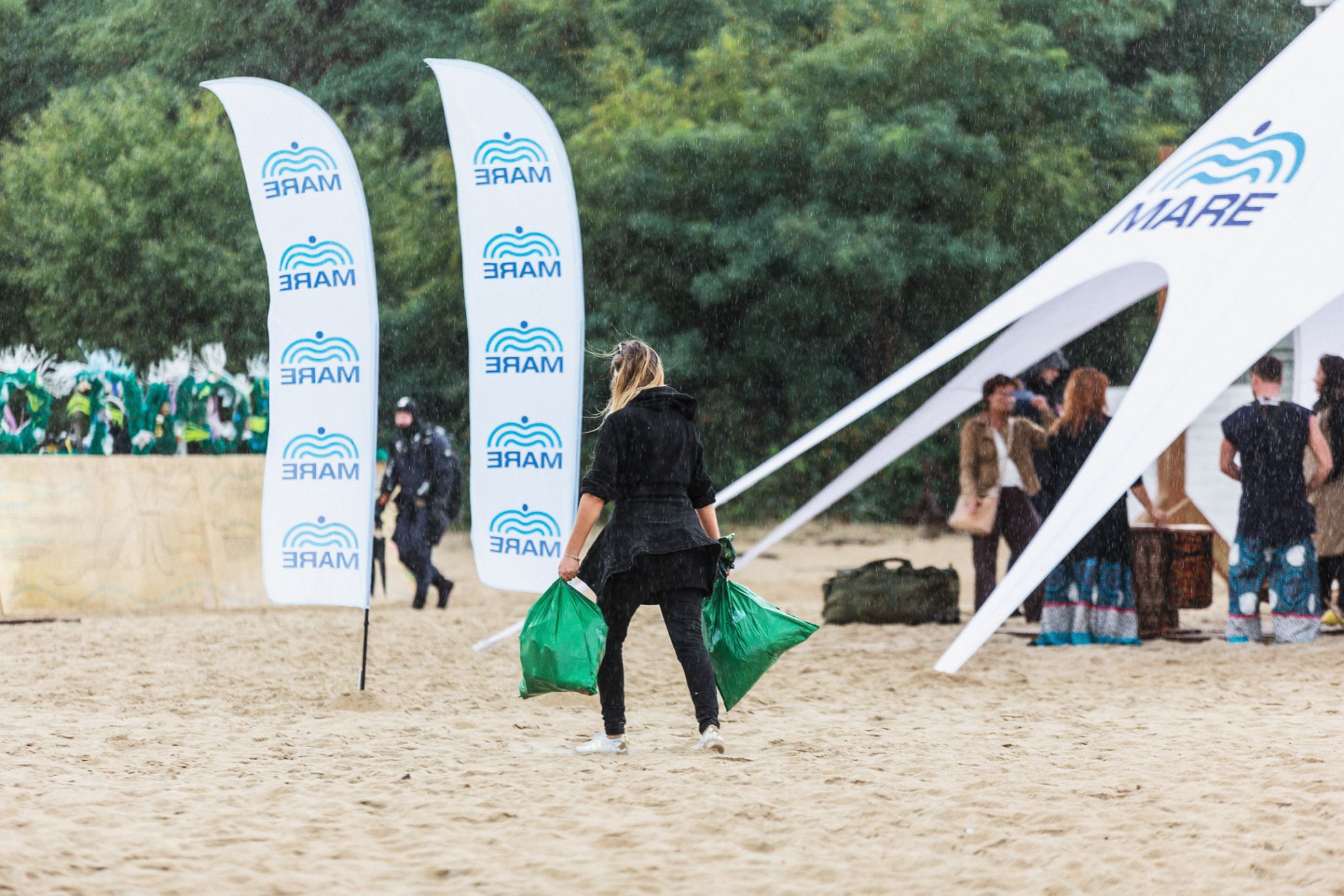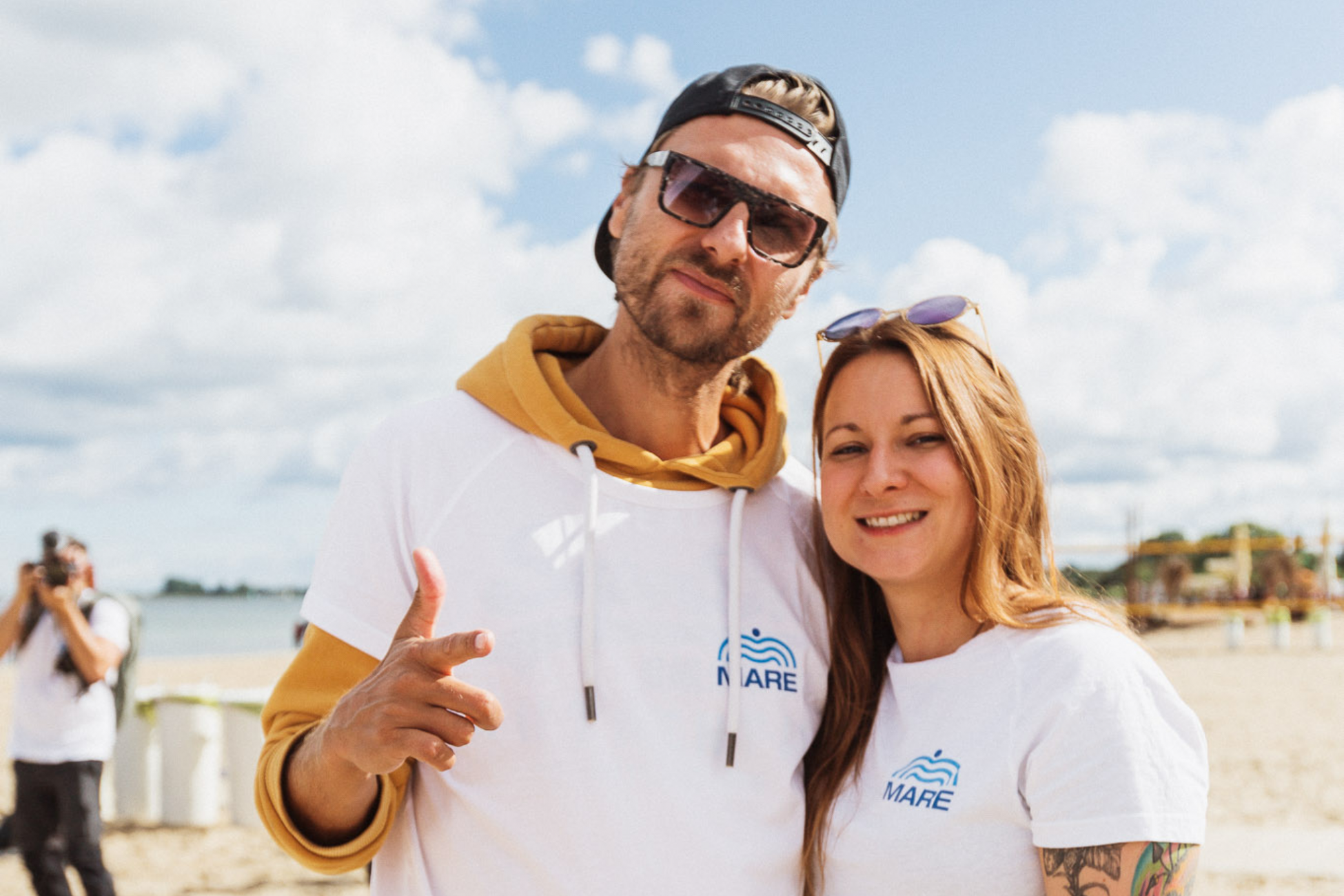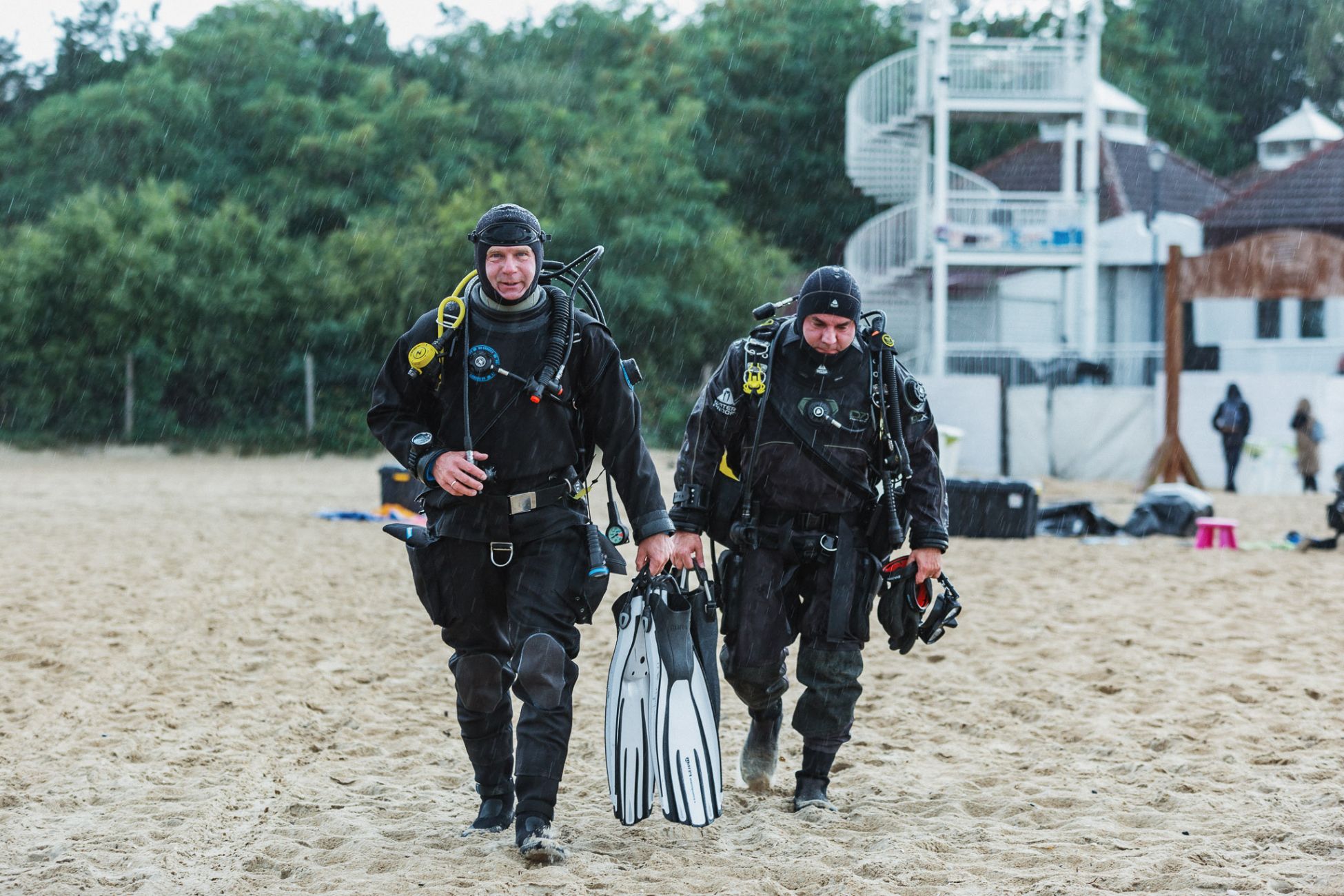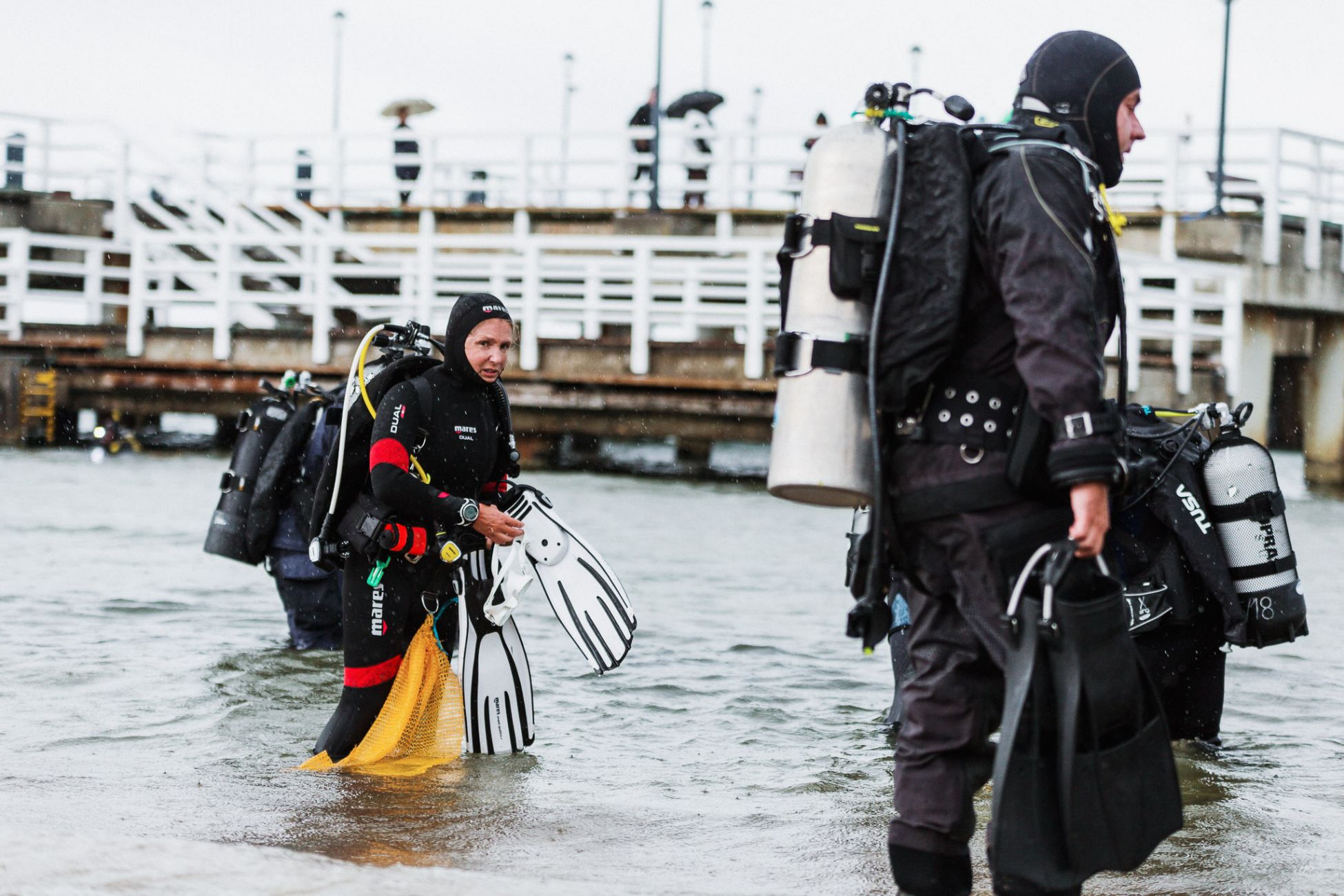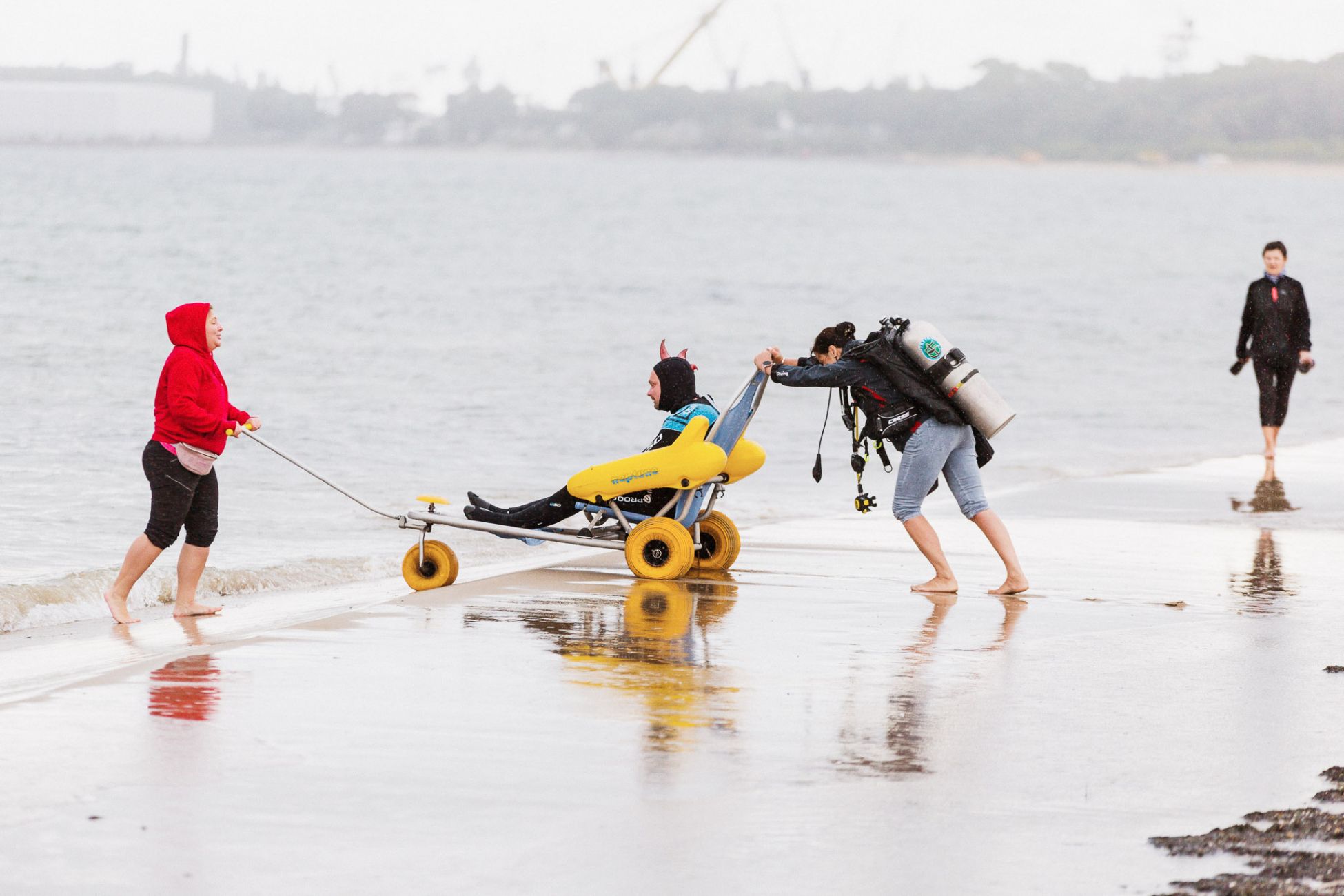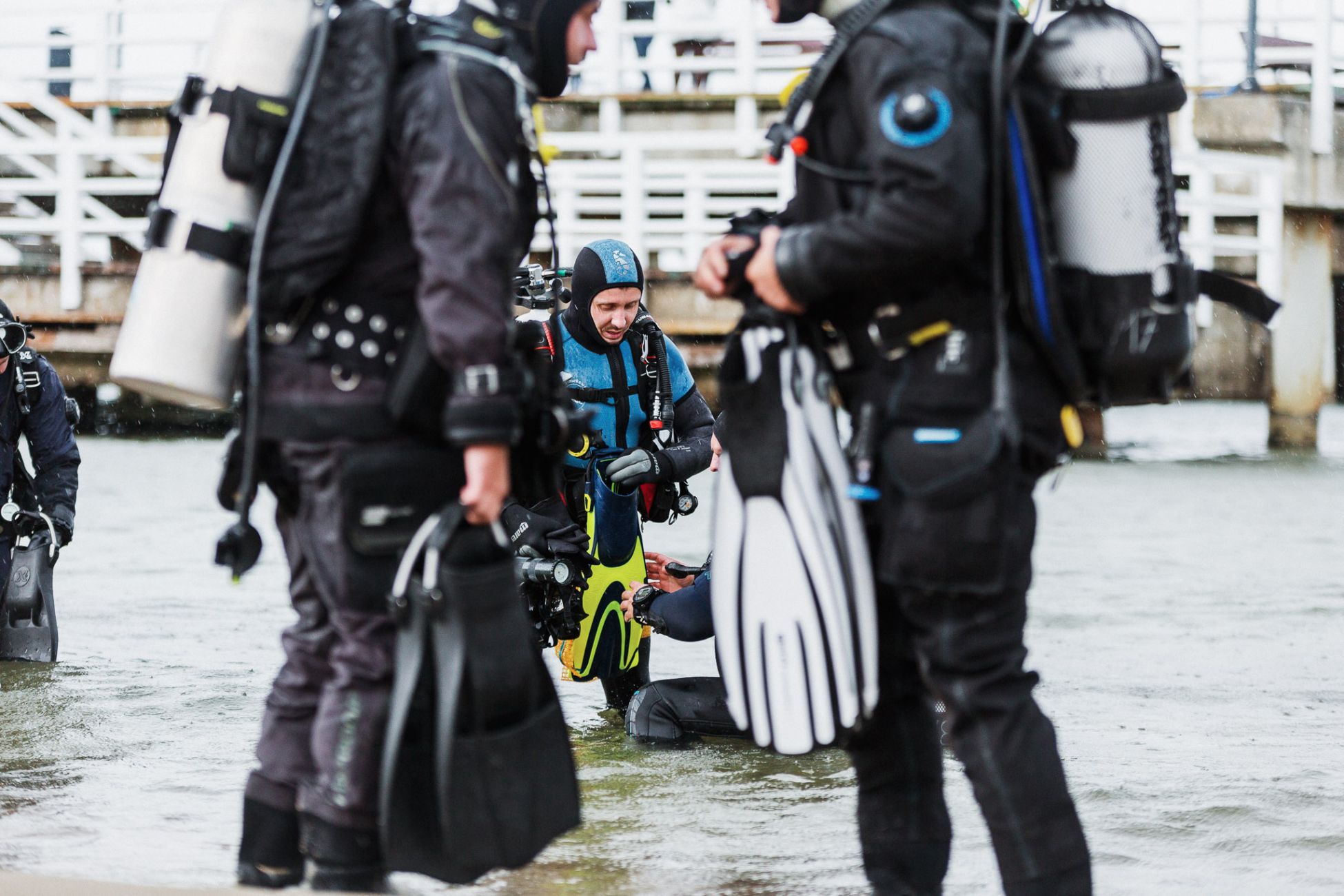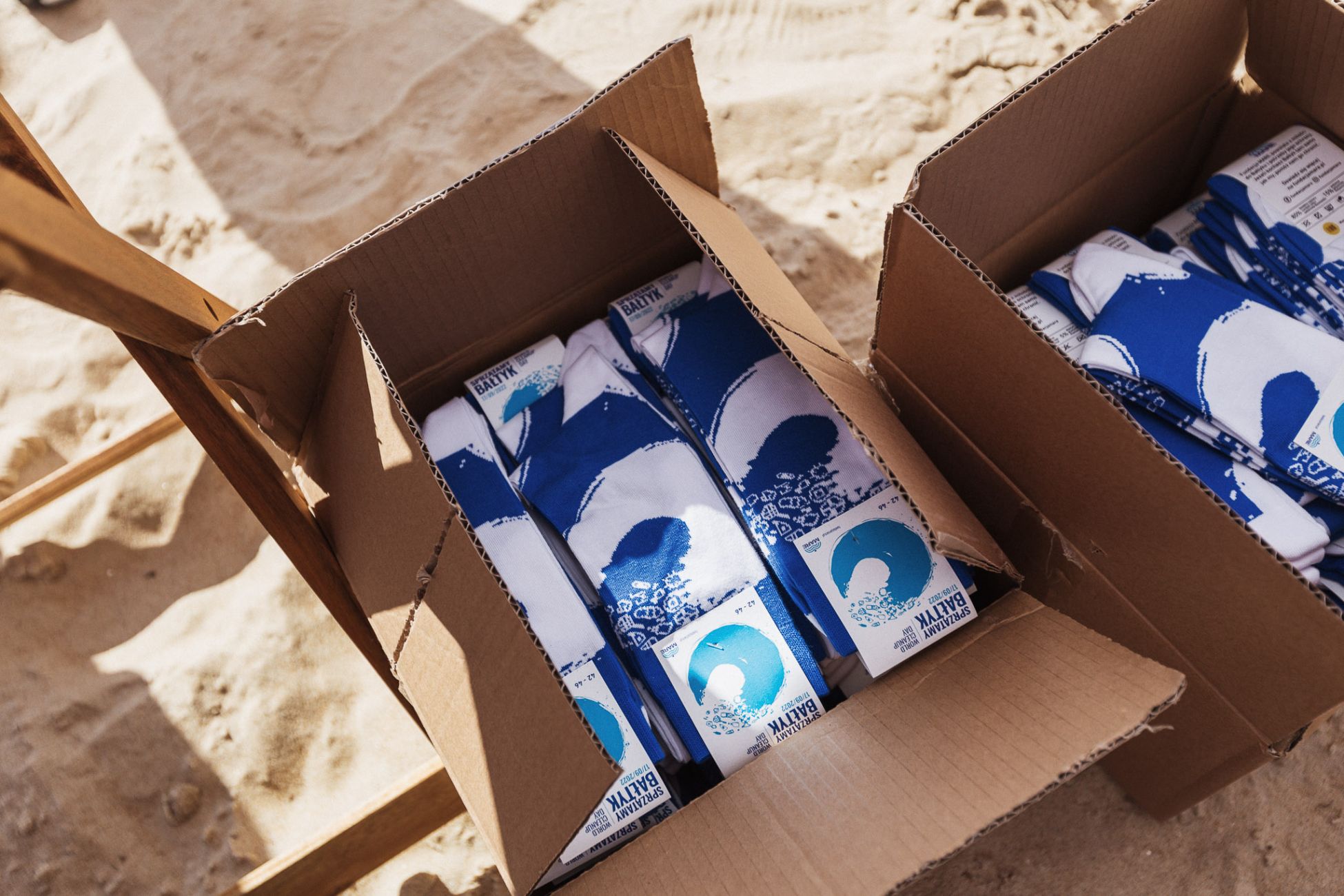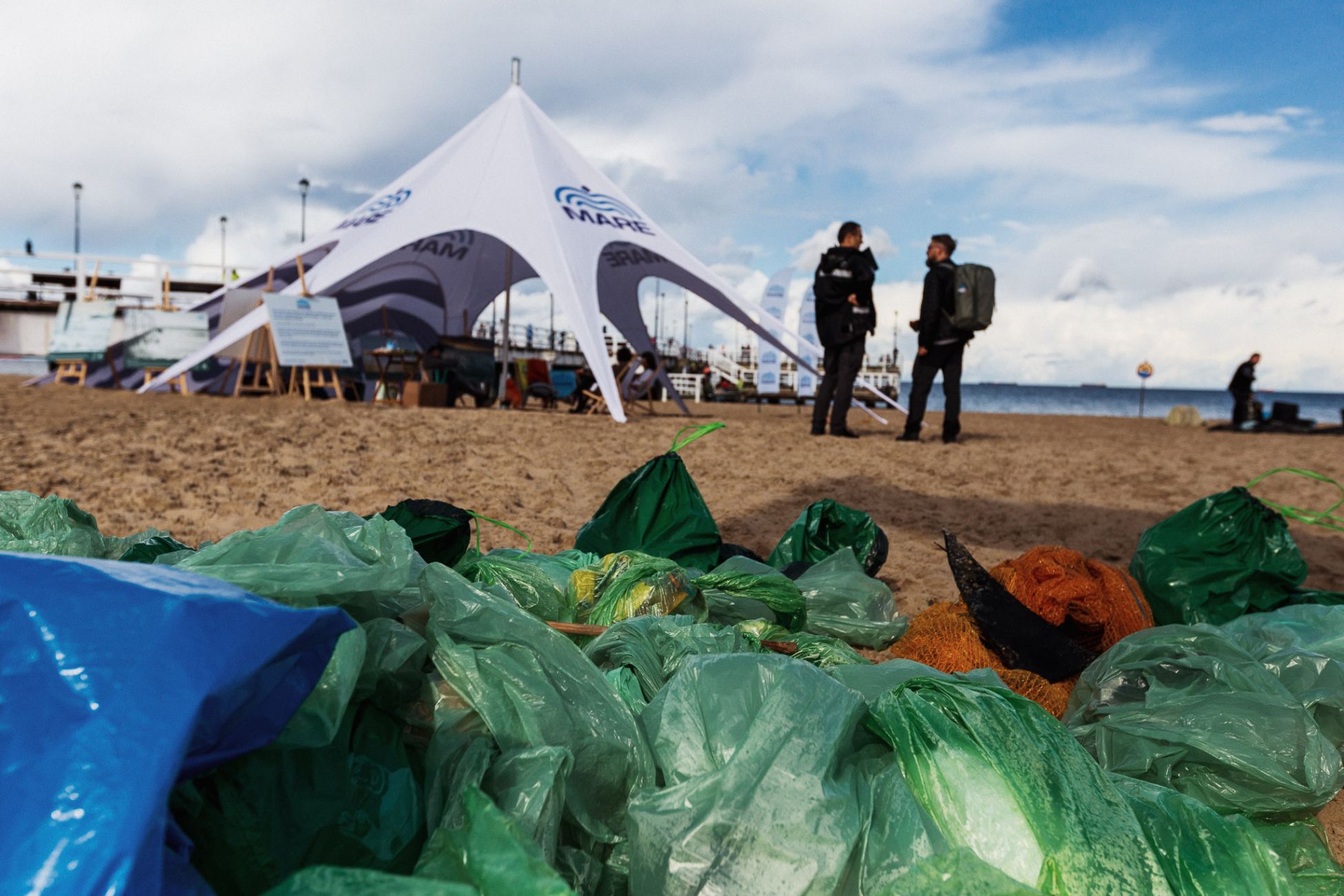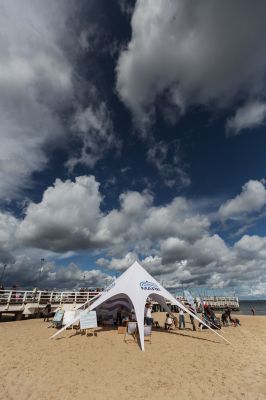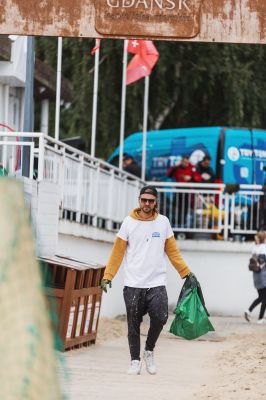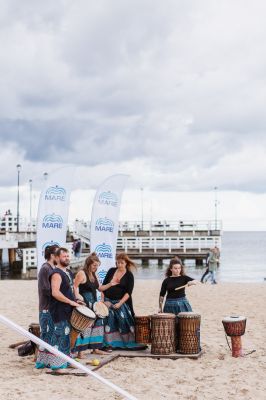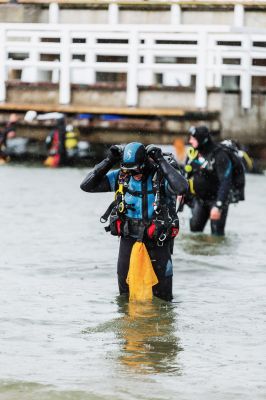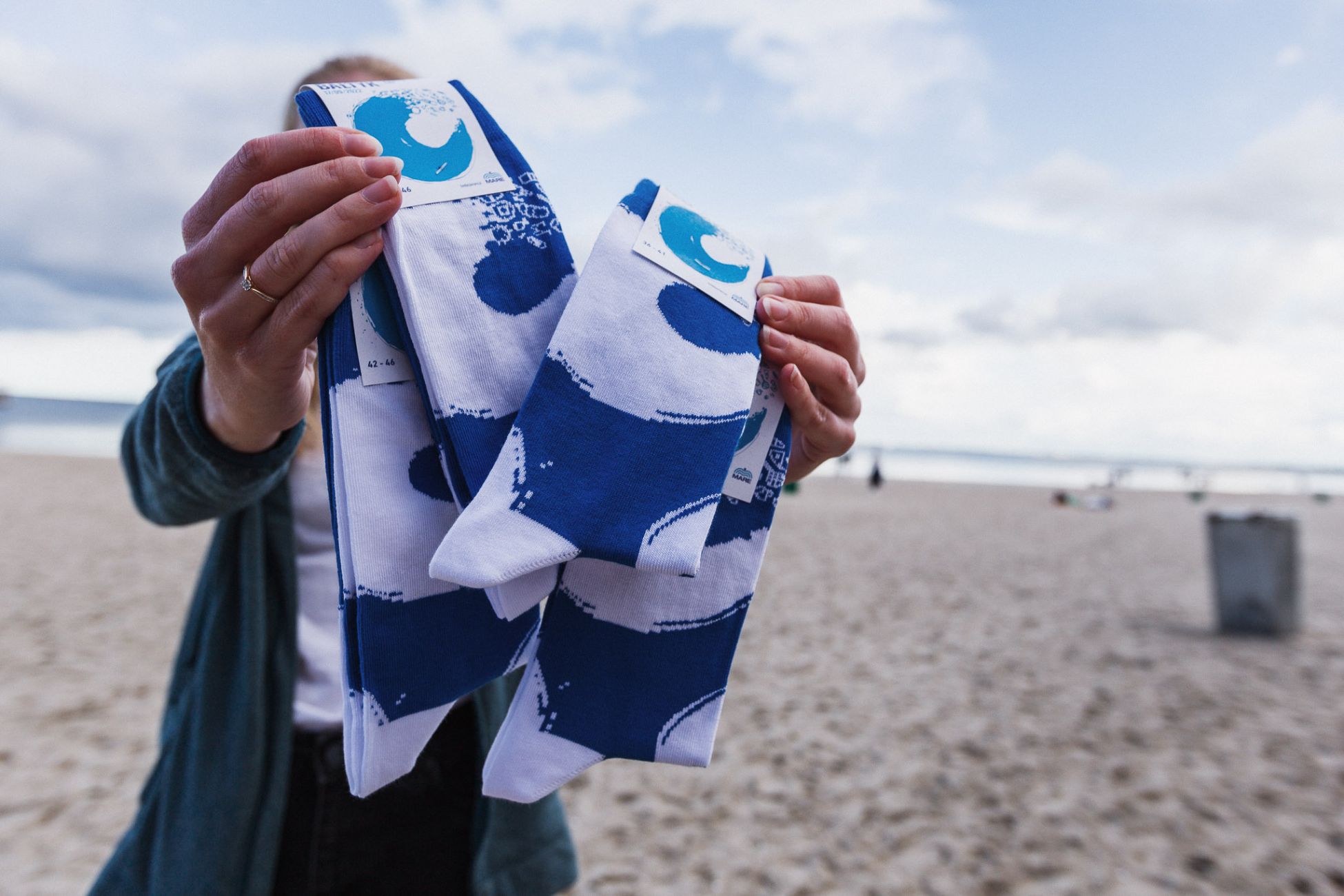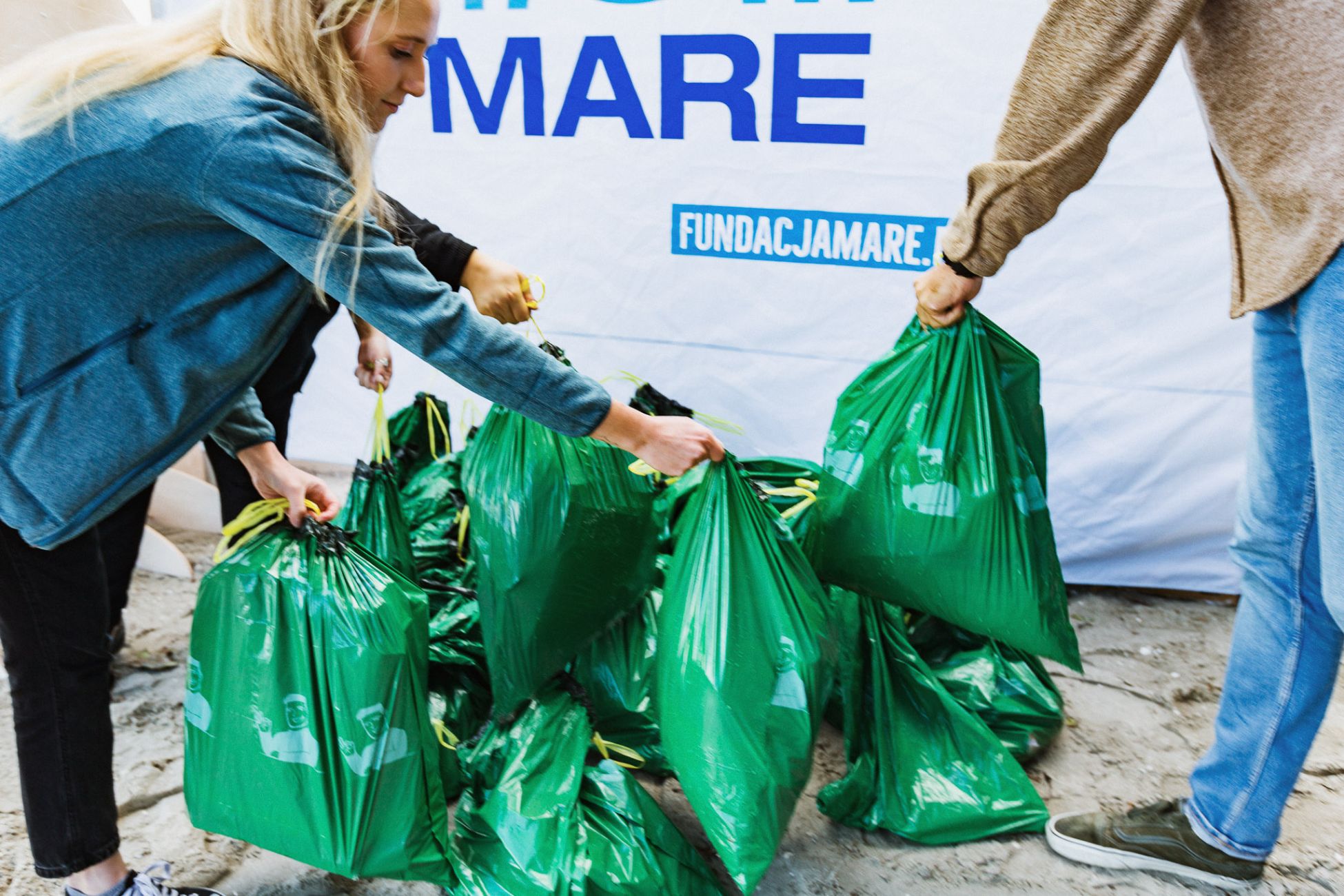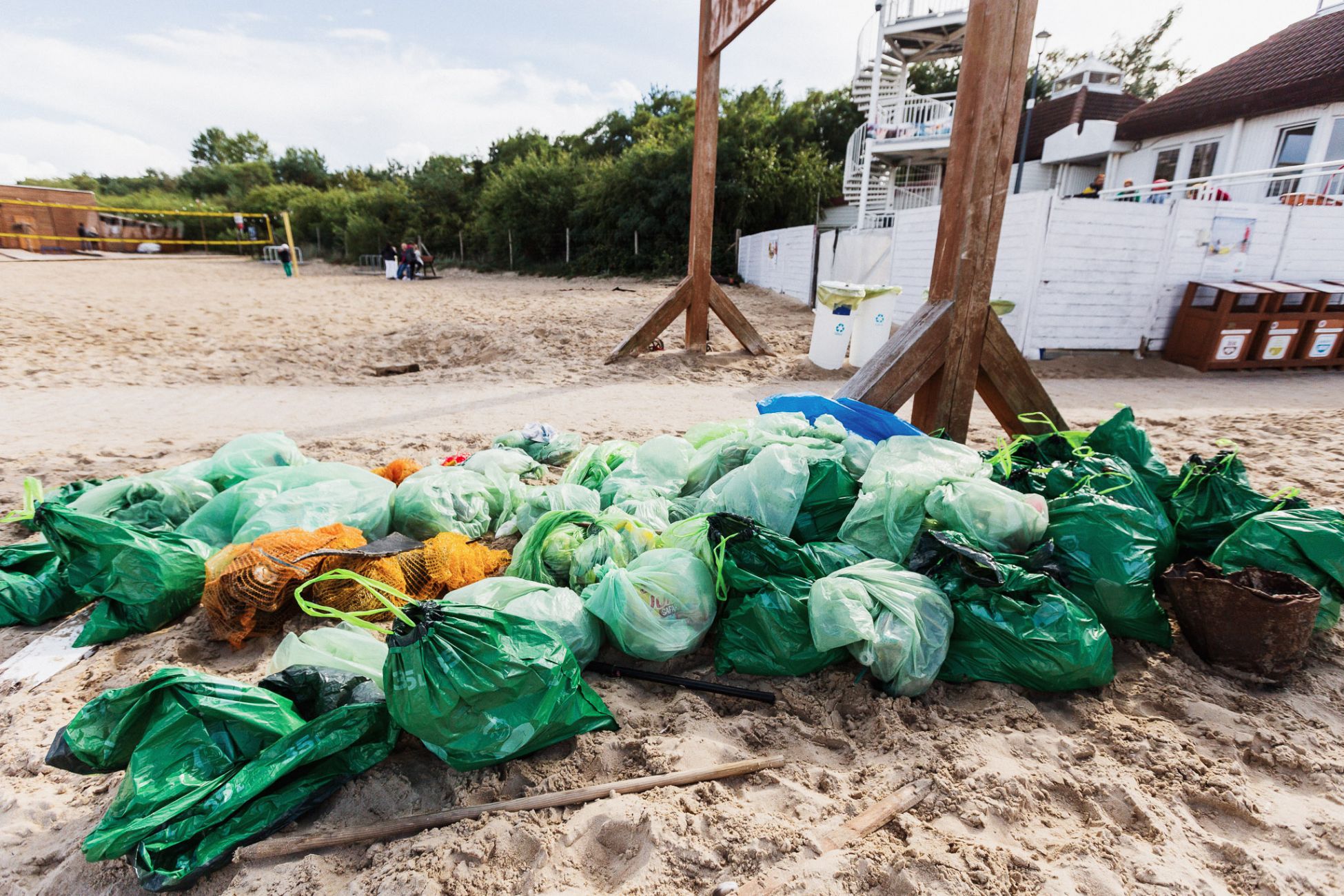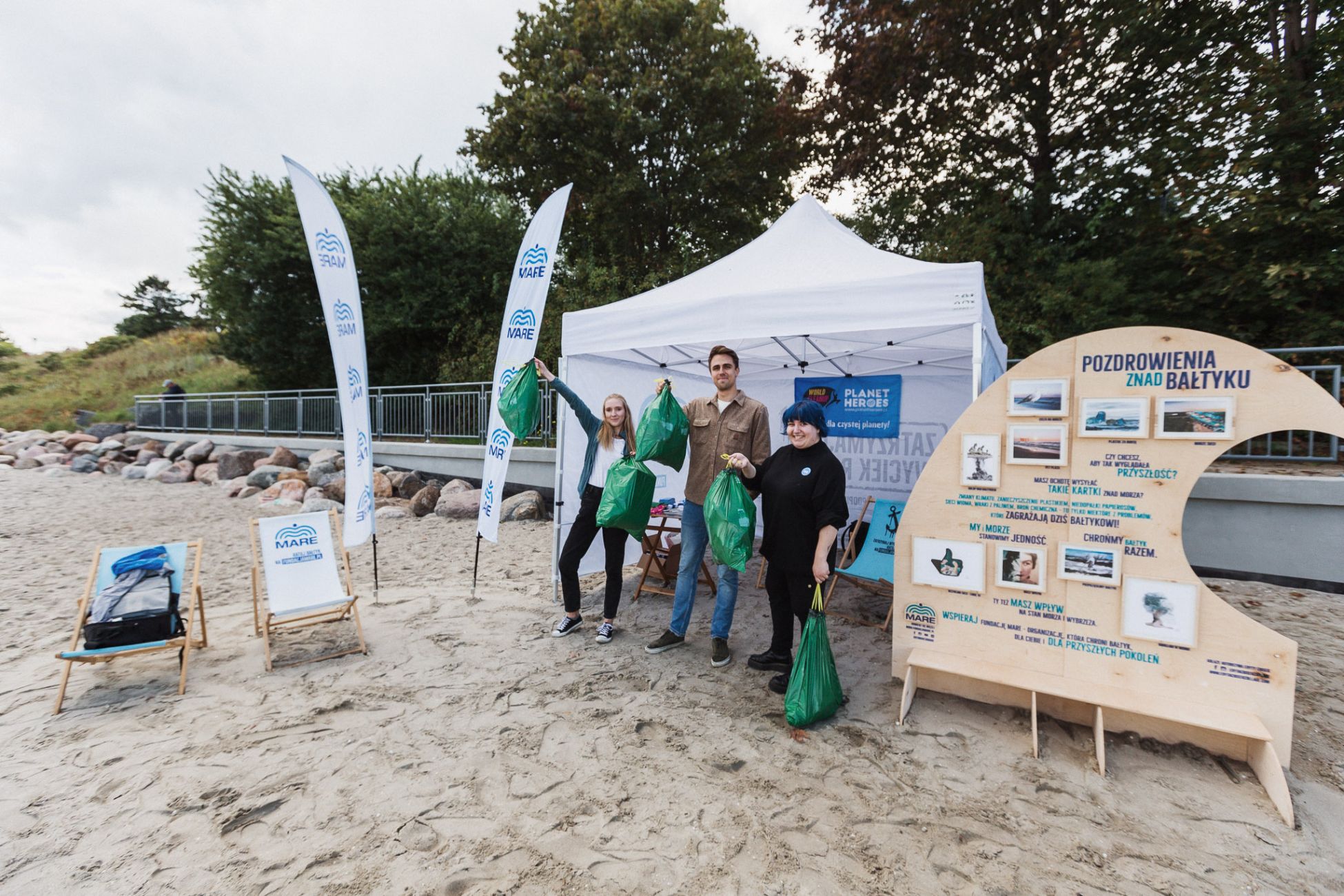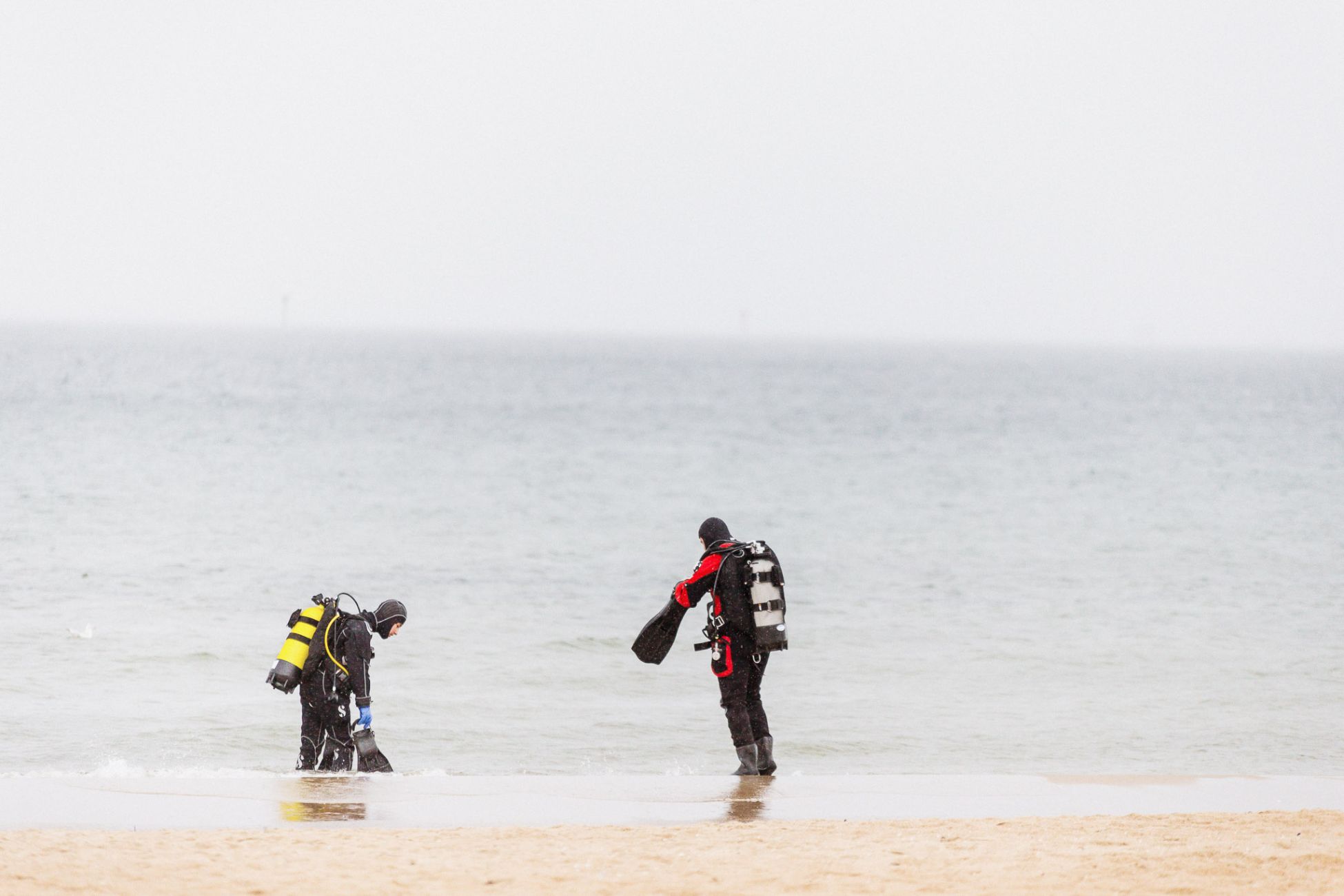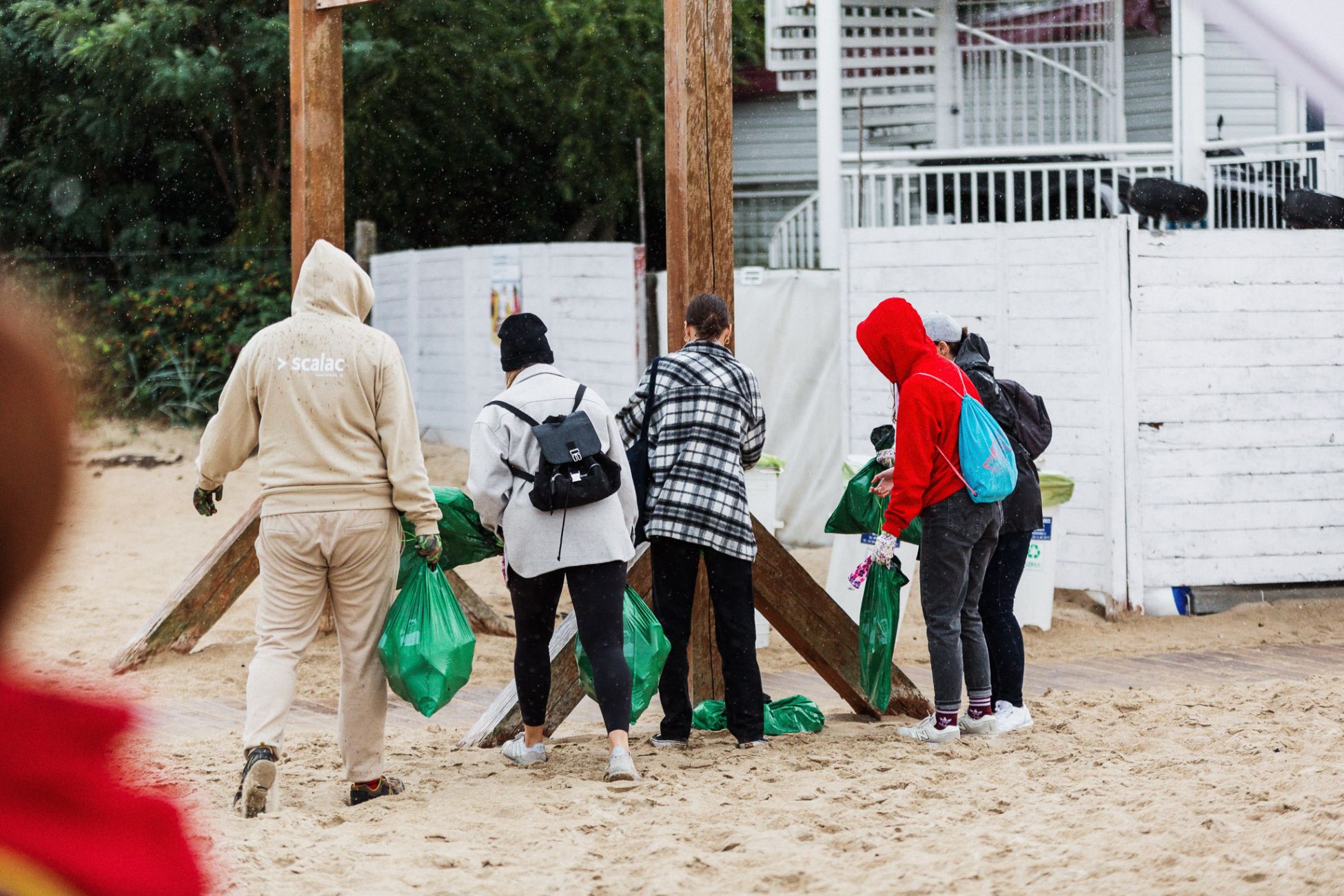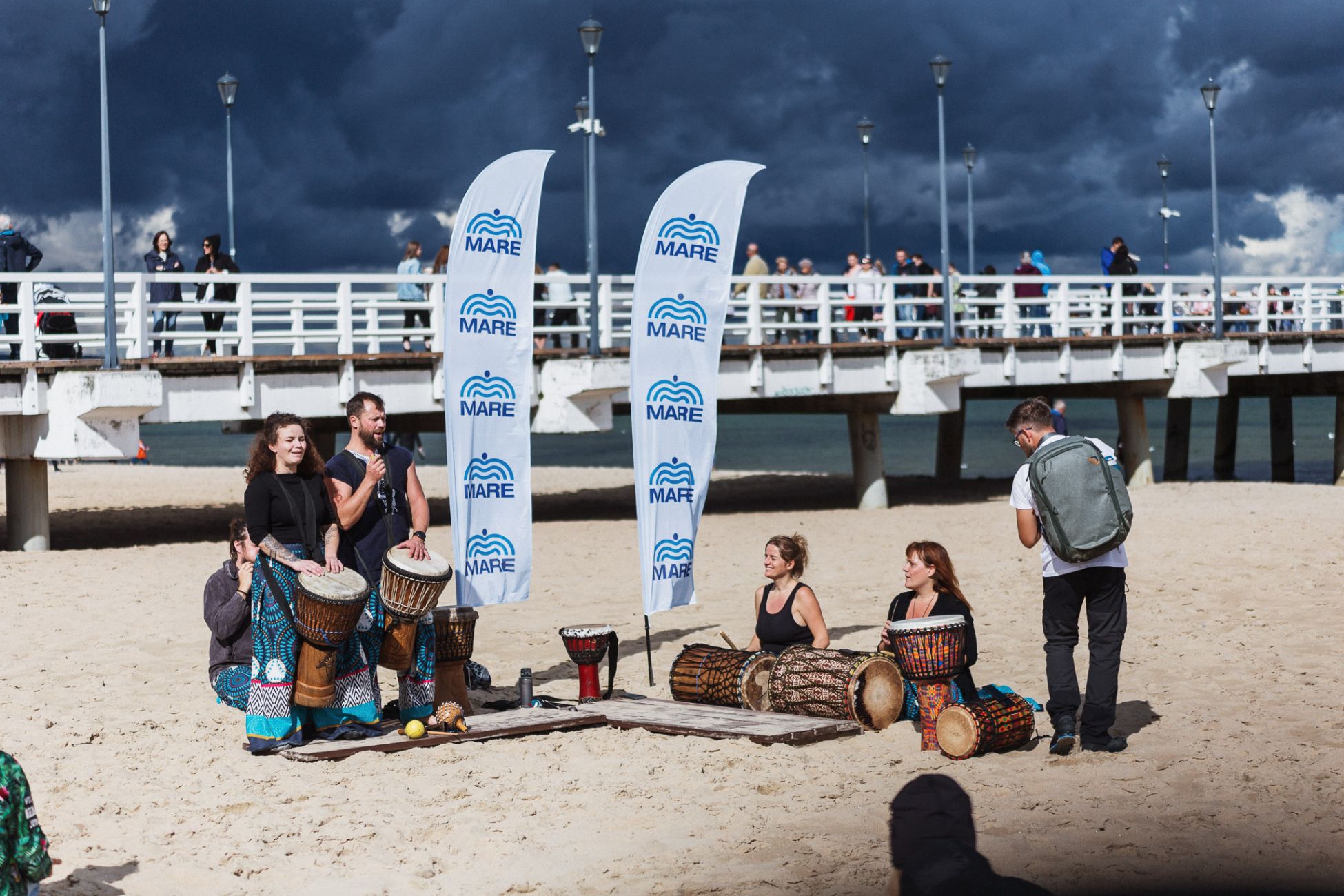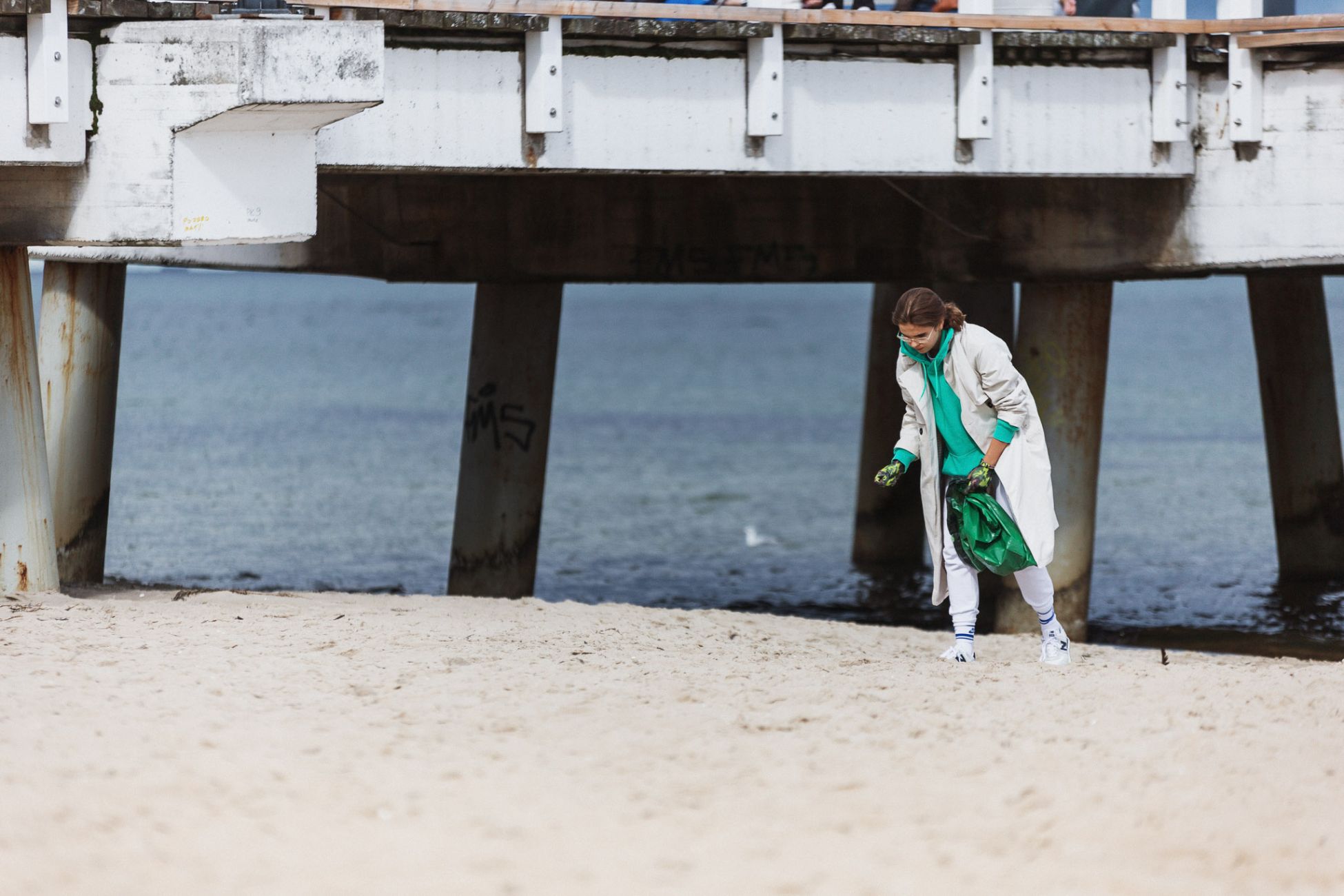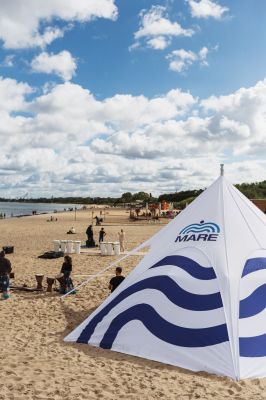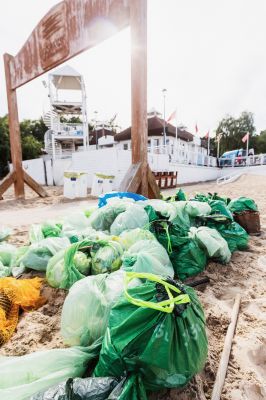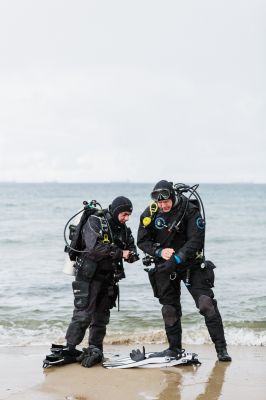We cleaned the Baltic - on land and underwater
This year under the heading: be responsible for your waste!
There is no need to convince people that plastic pollution is one of the most serious problems in the seas and oceans. We need to act now!!! In the framework of the international event - the World Cleanup Day, the MARE Foundation, for the third year in a row, organised the BALTIC CLEANUP DAY. 150 people and 32 divers participated in the event held on 17th September 2022, on the Gdańsk - Brzeźno beach. In total, 80 bags of waste were collected from the beach, the forest and the sea bottom.
The event organised by the MARE Foundation is not only aimed at getting rid of hazardous litter from the beaches and the sea, but, above all, an action to raise awareness on the problem of marine pollution and our impact on the Baltic ecosystem. This action is to encourage people to act locally, to care about the environment on a daily basis, not only just from time to time.
According to HELCOM, 50 to 300 waste items can be found on every 100 metres of a beach. 70% of this waste is plastic. Plastics end up in the sea and if not removed, they break into smaller and smaller particles called microplastics, and then nanoplastics and remain in the ecosystem forever.
Plastic pollution has become a huge problem to our planet. It is an example of how fast we get use to amenities and how difficult it is to get rid of them. Mass production of plastics started in 1950s, and 70 years later, plastics are everywhere. The global use of plastics amounts to approx. 320 million per year. In the last decades, the production of plastic items has been the highest than ever before. In 2019, the processes related to the production of plastics and their incineration have contributed to the emission of 850 million tonnes of greenhouse gases. The prognosis indicates that in 2050 this amount may increase up to 2.8 billion tonnes.
It is estimated that from 8 to 12.7 million tonnes of plastic end up in the seas and oceans every year. Disposable plastic items account for half of this amount.
More and more is being said about the potential impact of plastics, especially micro and nanoplastics on human health. Recently, microplastic particles were detected in human lungs and blood.
It is clear – we are facing a global crisis and in order to solve it we need global solutions. What is therefore the role of a World Cleanup Day? The role of this Day is huge, because it creates an opportunity to remind that everyone takes decisions on a daily basis, that can contribute to mitigating the problem of plastic pollution. The World Cleanup Day is an event during which our attention is focused on a more conscious use of plastic and on changing our habits to more environmentally friendly solutions, giving up disposable plastic items, proper waste segregation, reducing consumption and supporting sustainable production.
Last year, approx. 13.5 million people from 191 countries took part in the World Cleanup Day. 53 million kg of waste was collected all over the world. This event contributes to raising the awareness of people to the problem of plastic pollution. It links education with active measures undertaken by the public with a common goal, to protect local environment. Therefore, the MARE Foundation is actively promoting the World Cleanup Day for the third time, focusing on the Baltic Sea – says Olga Sarna, the chair of the MARE Foundation.
Each person who participated in the event received socks from limited series dedicated to the CLEANING of the Baltic.
Diving Centre Tryton from Gdańsk is our partner for the third consecutive year. Thanks to their engagement, 32 divers took part in our action, including one diver with a wheelchair disability. The action is supported by the Sport Centre in Gdańsk and Sport Centre in Gdynia.
Fot. Piotr Szafran


